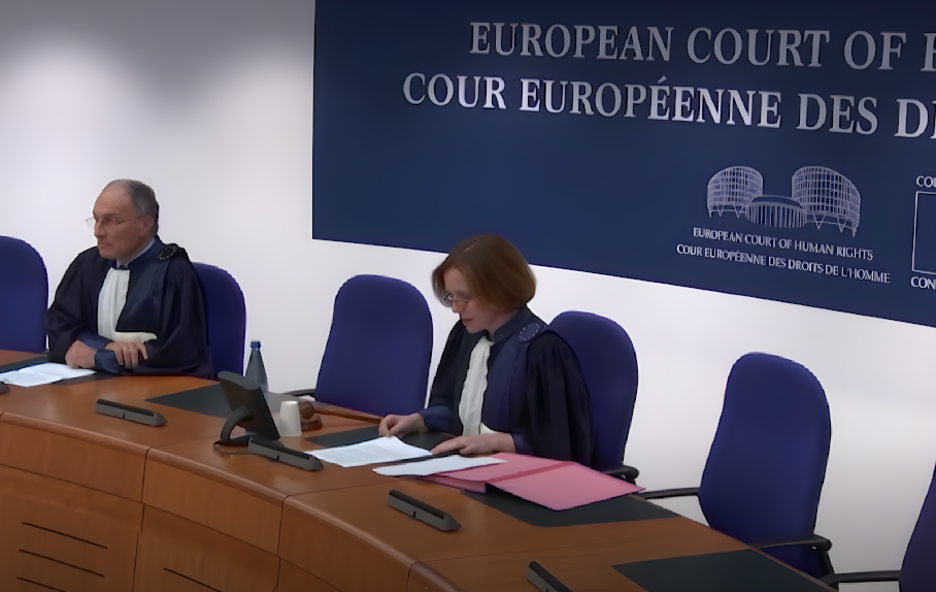By: Nikolaus Merz
Impunity Watch News Staff Writer
STRASBOURG, France – On November 3, 2022, the European Court of Human Rights (“ECHR”) released two judgments regarding extraditions to the United States for instances involving possible life sentencing. In Sanchez v. United Kingdom and McCallum v. Italy, the Grand Chamber found that the extradition of the petitioners – both accused of crimes that could result in possible life sentences in the United States if extradited – was allowed under Article 3 of the European Convention of Human Rights (“Article 3”).

Article 3 reads, in full; “No one shall be subjected to torture or to inhuman or degrading treatment or punishment.”
The two judgments continue a disappointing trend of the ECHR of interpreting when an extradition violates Article 3 with exceptional narrowness. Since 2001 there has been only a single case, Trabelsi v. Belgium, where the extradition of a petitioner was found to be in violation of Article 3.
In the majority of such extradition cases, the ECHR will generally uphold extraditions because life without parole (“LWOP”) and death sentences in the U.S. can be delayed or forgiven through a variety of legal mechanisms (stays, commutations, pardons, clemency, etc.). Because of these caveats, the ECHR has created a legal fiction that such sentences are not in violation of Article 3 (and therefore extraditions are allowed), because they can technically be reduced to a sentence which would be acceptable under Article 3.
What the ECHR neglects, and what the petitioner in Trabelsi successfully argued, however, is that these sentences are often irreducible de facto. Of the roughly 1.5 million people in prison in the U.S. today, more than 200,000 are serving LWOP sentences or a like equivalent. An incredibly small minority of these cases will likely ever receive commutations. A study of available data for eight northeastern states revealed that between 2005 and 2021 just 210 commutations were granted. For instance, Rhode Island has only granted a single commutation since the 1950’s; a posthumous pardon for a murder from the 1800’s.
Nevertheless, the ECHR held in Sanchez that Trabelsi was to be overruled as a binding decision. The ECHR held that Trabelsi had incorrectly applied a “domestic” interpretation of Article 3 when it should have applied an “adapted approach” for purposes of extradition.
The Grand Chamber further followed a two pronged test to determine when extradition would or would not violate Article 3. First, petitioners must establish that there is a real risk of receiving a LWOP or worse sentence, and secondly that a mechanism for sentence review does or does not exist in the requesting state. Absurdly, the Court found that the petitioner in Sanchez, an alleged drug trafficker also accused of being connected to a death resulting from a fentanyl overdose, was not at risk of a life sentence.
The judgment in Sanchez has concerning implications. In overturning Trabelsi’s universal Article 3 interpretation, the Grand Chamber has effectively cast aside the universality of the European Convention of Human Rights; creating instead a hierarchy of rights where European citizens will be afforded greater rights and protections under its provisions than non-citizens. Additionally, the ECHR seems to imply that America’s exceptionally limited commutation system does not constitute de facto irreducibility for sentences. Further, the Grand Chamber has seemingly adopted an exceptionally narrow interpretation of when there is genuine risk of life imprisonment; ignoring the historical propensity of the United States to issue exceptionally hefty “tough on crime” sentences.
With the ECHR overruling Trabelsi, it designates the case as nothing more than a mere aberration among its extradition judgments, and heralds a return to a narrow interpretation of Article 3. It will likely be some years before we see another Trabelsi, if ever.
For further information, please see:
ECHR – Delivery of the judgment 03/11/2022 – 3 Nov. 2022
ECHR – Extradition and life imprisonment – Nov. 2022
ECHR – SANCHEZ-SANCHEZ v. THE UNITED KINGDOM – STATEMENT OF FACTS AND QUESTIONS – 6 July 2020